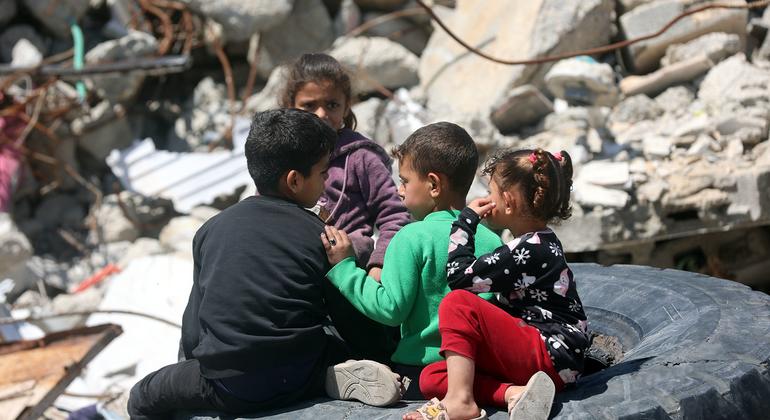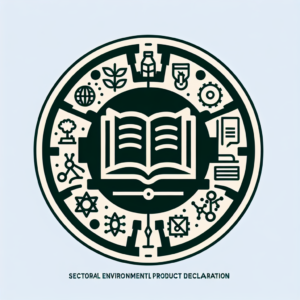The blockage of humanitarian aid entry to the Gaza Strip is having a devastating effect on over one million children, according to a alarming report from the United Nations Children’s Fund (UNICEF) released this Saturday. Since March 2nd, Israel has not allowed access to humanitarian assistance in Gaza, marking the longest period of blockade since the conflict began. This situation has increased the shortage of food, clean water, shelter, and medical supplies, essential for the lives of the children.
UNICEF warns that the lack of these basic resources has led to an increase in cases of malnutrition and preventable diseases, which could result in an increased number of child deaths that could be avoided with proper attention. Edouard Beigbeder, UNICEF’s regional director for the Middle East, has pointed out that thousands of pallets of humanitarian aid are ready to be distributed, but remain stored, unable to be delivered to those in need. “Most of this aid could save lives, but instead, it is being held back,” Beigbeder lamented, making an urgent call for the goods to be allowed passage, emphasizing that it is the obligation of the involved parties according to international law.
The urgency of UNICEF’s intervention is underscored by the critical situation of children receiving treatment for malnutrition. Currently, 21 treatment centers have closed their doors due to displacement orders or damage caused by bombings, severely limiting assistance to the children. In this context, the availability of formula milk is alarmingly low, with enough for only 400 children per month, while it is estimated that almost 10,000 babies under six months require supplementary feeding. This could force families to resort to dangerous mixtures of food with contaminated water.
The water crisis is equally concerning. Despite UNICEF starting repairs on wells and water points during a brief ceasefire, the resumption of hostilities has jeopardized these efforts. Access to clean water has drastically decreased, from 16 liters per person daily to only six, and could drop to less than four liters if the fuel shortage persists. This situation would force families to use contaminated water, increasing the risk of disease outbreaks, especially among children.
“For the sake of over one million children in the Gaza Strip, we urge the Israeli authorities to ensure, at the very least, the coverage of the population’s basic needs, in accordance with their obligations under international humanitarian law,” Beigbeder stated. These obligations include the responsibility to ensure that families receive food, medications, and other essential supplies for survival.
Despite the challenging circumstances, UNICEF and its partners maintain a crucial presence in Gaza. The organization has reiterated its call to all parties to cease hostilities and restore the ceasefire, emphasizing the need to allow the entry of humanitarian aid and essential commercial goods into the region.
Referrer: MiMub in Spanish











